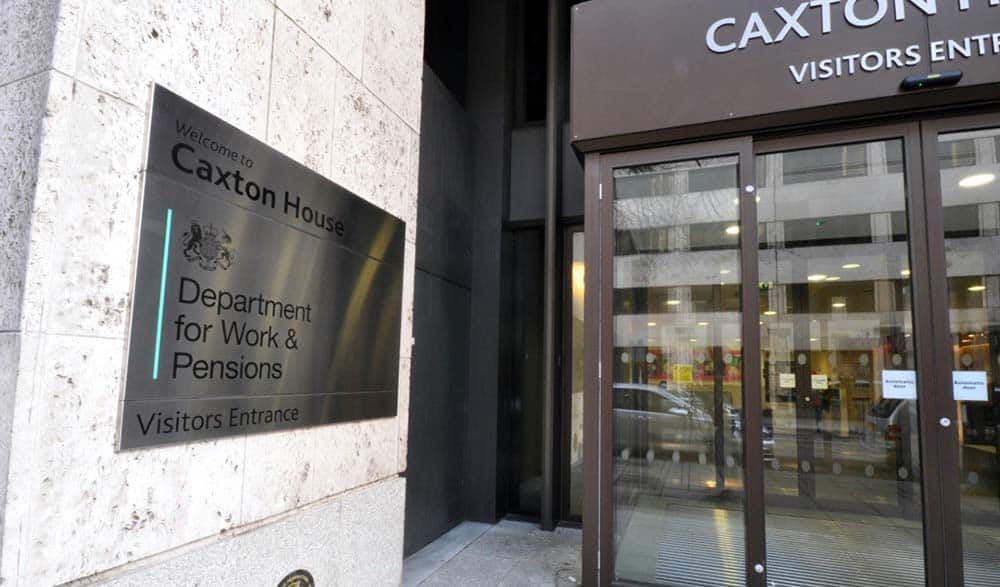Just four percent of initial PIP decisions were overturned at a tribunal hearing

190,000 new Personal Independence Payment (PIP) claims have received clearance along with 70,000 awards reviews cleared.
These latest figures come from the Department for Work and Pensions’ (DWP’s) quarterly PIP statistics for the quarter ending July 2022, highlighting the trends of people claiming the disability benefit in England and Wales.
What is PIP?
PIP helps with some of the extra costs caused by a long-term disability, ill-health, or a terminal illness. The finances could be used to purchase essential assistive technologies for people with reduced mobility or cover the costs of a carer, for example.
There are two types of PIP awards:
- Daily living part: where the claimant needs help with everyday tasks like drinking, making decisions about money, bathing, or reading
- Mobility part: which is where the claimant needs help moving around
Earlier this year, DWP announced some proposed PIP increases that came into effect on 11 April 2022. More information on the weekly payment increases can be found here.
Quarterly figures information
DWP’s quarterly statistics cover the customer journey from registration through to payment, providing key data on PIP registrations, clearances, awards and mandatory reconsiderations. A mandatory reconsideration (MR) is where claimants who wish to dispute a decision on their PIP claim at any stage ask DWP to reconsider the decision.
The highest level of award refers to claimants who receive both the daily living part and the mobility part of PIP.
The statistics cover both new claims and claims made by those with an existing claim for Disability Living Allowance (DLA) (known as reassessments). From 8 April 2013, the DWP started to replace DLA for working-age people with PIP.
Key figures and trends in England and Wales
The latest PIP statistics show that as at 31 July 2022, there were 2.7 million claimants entitled to PIP, with just over one third of the cases receiving the highest level of award.
Additionally, 190,000 new claims have received clearance along with 70,000 awards reviews cleared. 23,000 people reported a change in circumstances. Additionally, 60,000 MRs were registered and 80,000 were cleared.
Interestingly, for initial decisions following a PIP assessment during April 2013 to March 2022, just four percent of initial decisions were overturned (revised in favour of the customer) at a tribunal hearing.
This is in stark contrast to a Freedom of Information (FOI) request by the BBC in 2019 that revealed almost 50 percent of people who appealed in court against a decision to deny them disability benefits was successful. Although this FOI request covered over types of benefits alongside PIP, such as DLA and Employment Support Allowance (ESA), the 2019 number is significantly higher than the four percent from the latest PIP statistics.
This could perhaps suggest that PIP assessors have taken on criticisms over the years to make assessments fairer. One such step to making the PIP assessment process fairer was DWP’s decision to scrap repeat assessments for around 300,000 disabled pensions in 2019.
Scotland’s Adult Disability Payment
In Scotland, PIP has been replaced by a new disability benefit, administered by the Scottish Government, called Adult Disability Payment.
Since 29 August 2022, Adult Disability Payment (ADP) has rolled out nationwide in Scotland.
It means that DWP’s latest PIP figures are different to previous releases, as England and Wales’ figures now sit separately to Scotland’s figures, meaning current trends in the latest quarterly PIP statistics are not comparable with previous statistics.
In Scotland for the same quarter, there were 320,000 claims with entitlement to PIP as at 31 July 2022.
Since the introduction of ADP, new claim registrations have started to show reductions. Compared to average monthly volumes in the period January-May 2022, June 2022 had 14 percent fewer new claims and July 2022 had 38 percent fewer. Equivalent figures for England and Wales saw two percent fewer new claims in June 2022 and six percent fewer in July 2022.
However, planned award review clearances in Scotland have increased in July 2022 (to 5,300 in the month, more than double the levels of 2,500 per month averaged across the period January-June 2022), so that the department can clear reviews in advance of transfer to ADP.
DWP predicts that, in the future, volumes will reduce across all activities in Scotland as cases gradually transfer to ADP.

